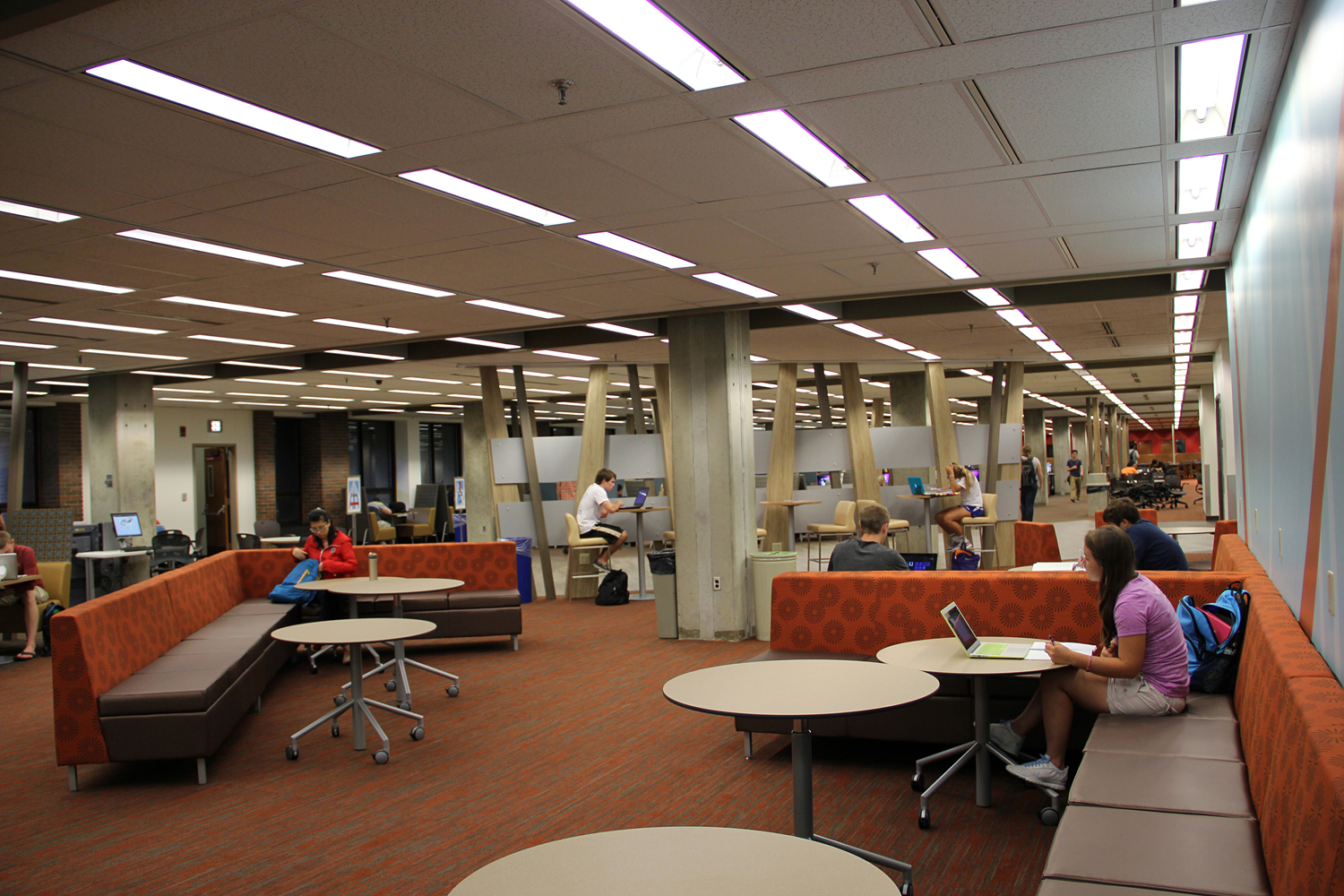Purdue Libraries play a crucial role in supporting the educational and research endeavors of students, faculty, and the wider community. With a vast array of resources, services, and spaces, Purdue Libraries are designed to foster learning, innovation, and collaboration. This article will delve into the various aspects of Purdue Libraries, highlighting their offerings and significance in the academic landscape.
As a prominent institution, Purdue University boasts libraries that are well-equipped to meet the diverse needs of its users. From traditional print collections to cutting-edge digital resources, Purdue Libraries serve as a hub for knowledge and discovery. This guide will explore the different libraries within the Purdue system, their unique features, and how they contribute to the academic success of Purdue’s community.
Whether you are a student seeking research materials, a faculty member looking for teaching resources, or a community member interested in lifelong learning, Purdue Libraries have something to offer you. Let’s embark on this journey to uncover the various facets of Purdue Libraries and their significant impact on education and research.
Table of Contents
Overview of Purdue Libraries
Purdue Libraries consist of several libraries spread across the Purdue University campus, each with its distinct focus and resources. The primary libraries include:
- Purdue University Libraries
- Hathaway Memorial Library
- Science Library
- Engineering Library
- Mathematics Library
These libraries collectively house millions of volumes, including books, journals, and digital resources, catering to a wide range of academic disciplines. With a commitment to fostering research and learning, Purdue Libraries continuously update their collections to include the latest publications and resources.
Library Collections
Types of Collections
Purdue Libraries offer a diverse array of collections that support various fields of study. Key types of collections include:
- Print Collections: Traditional physical books, periodicals, and archives.
- Digital Collections: E-books, online journals, and databases accessible from anywhere.
- Special Collections: Unique items, manuscripts, and rare books that are preserved for research.
- Government Documents: Access to federal, state, and local government publications.
Accessing Collections
Students and faculty can access collections through the Purdue Libraries catalog, which provides a comprehensive search tool to locate resources quickly. Additionally, interlibrary loan services allow users to borrow materials from other libraries if a specific item is not available within Purdue’s collections.
Services Offered
Purdue Libraries provide a range of services designed to assist users in their research and learning activities. Some key services include:
- Research Assistance: Librarians offer guidance on research methods and resource selection.
- Information Literacy Instruction: Workshops and sessions to enhance research skills.
- Reference Services: Support for locating specific information or conducting in-depth research.
- Study Rooms: Reserve spaces for group study or individual work.
These services ensure that users can navigate the vast resources available effectively and efficiently.
Technology and Resources
Purdue Libraries are equipped with modern technology to support users' academic needs. Key technological resources include:
- Computer Labs: Access to computers for research, writing, and collaboration.
- Digital Media Studios: Facilities for creating and editing digital content.
- Printing and Scanning Services: Options for printing documents and scanning materials for research purposes.
- Online Research Tools: Access to databases, citation management tools, and other digital resources.
Study Spaces and Facilities
Purdue Libraries offer various study spaces and facilities designed to cater to different learning styles and needs. These include:
- Quiet Study Areas: Spaces dedicated to quiet study for concentration.
- Collaborative Workspaces: Areas designed for group work and discussions.
- Meeting Rooms: Facilities for group projects and meetings.
These spaces are equipped with comfortable furniture, power outlets, and technology to create an optimal learning environment.
Events and Workshops
Purdue Libraries regularly host events and workshops aimed at enhancing user engagement and learning. These include:
- Guest Lectures: Talks by experts on various topics relevant to research and education.
- Workshops: Hands-on sessions focused on research skills, technology use, and more.
- Exhibitions: Displays of special collections and relevant themes.
These events provide opportunities for networking, learning, and collaboration among students, faculty, and community members.
Community Engagement
Purdue Libraries actively engage with the local community through various initiatives, including:
- Public Programs: Events and workshops open to the general public.
- Partnerships: Collaborations with local schools and organizations to promote literacy and education.
- Resource Access: Providing community members access to library resources and services.
These efforts help foster a culture of learning and knowledge-sharing beyond the university campus.
Conclusion
Purdue Libraries are invaluable resources that support the academic and research needs of the university community and the public. With diverse collections, services, and facilities, they cater to a wide range of users, facilitating learning and innovation. We encourage you to explore the offerings of Purdue Libraries, engage with the resources available, and participate in the various events and workshops hosted throughout the year.
We invite you to leave a comment below, share this article with your peers, or explore more articles on our site to enhance your understanding of the resources available at Purdue Libraries.
Thank you for taking the time to learn about Purdue Libraries. We hope to see you again soon!
Article Recommendations



ncG1vNJzZmilqZu8rbXAZ5qopV%2BcrrOwxKdwaKilp7G2sYyloJuqkae2pr%2BNoaumpA%3D%3D